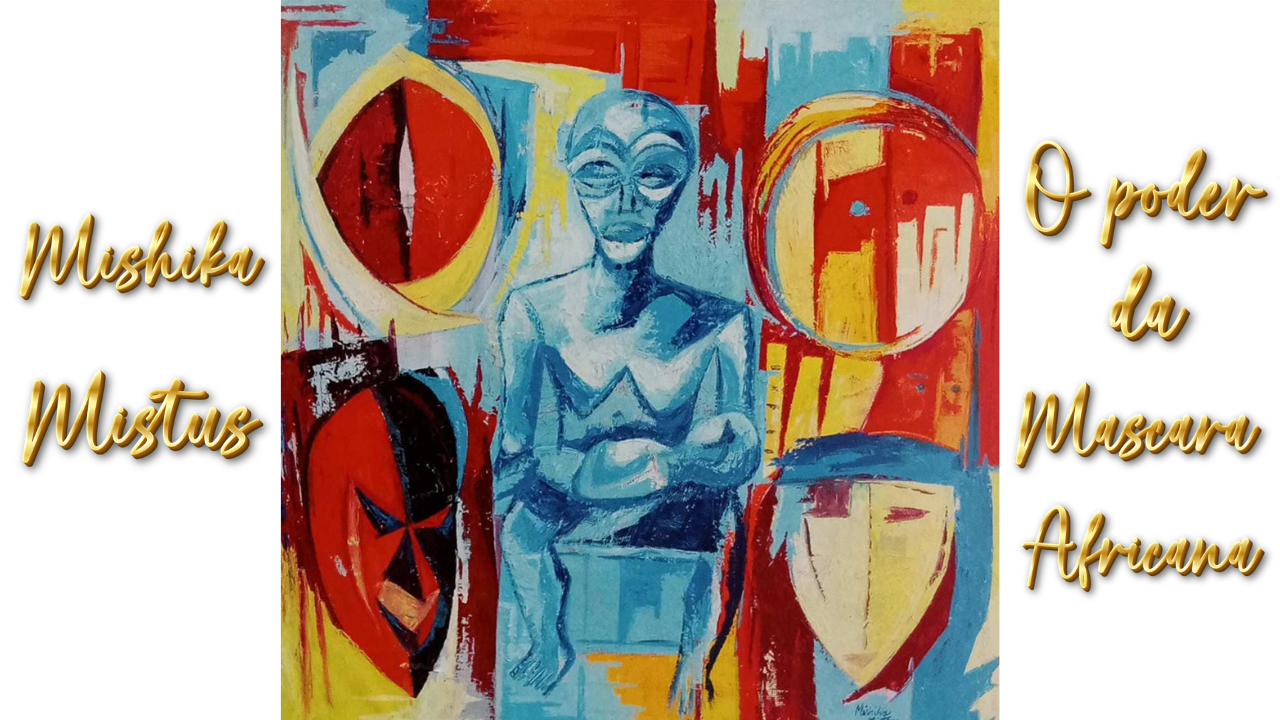
Mishika Mistus is a name that resonates in contemporary African art for its ability to inject spiritual voltage in traditional forms. His canvases are often a visual battleground where ancestral heritage collides with the rawness of modern expression.
In "O poder da Máscara Africana" ("The power of the African Mask"), Mistus doesn't paint a mask like an artifact or museum piece. He captures the moment of its transformation. The mask, in this context, ceases to be wood and becomes a vehicle-a point of contact between the visible and invisible worlds. The painting is a testament to the undeniable strength that tradition holds in the fabric of modern African identity.
The Mask as an Energy Conduit
In most African cultures, the mask is much more than a disguise; it is a ritualistic bridge. Its power lies in its ability to embody a spirit, an ancestor, or a natural force, allowing that entity to act in the human world.
Mistus translates this idea of incarnation through an explosive technique:
- Command Tones: The painting is dominated by strong primary and secondary colors, boldly applied. There's no shyness in the deep reds (suggesting sacrifice and life), incandescent yellows (spirituality and light), or dense blues and blacks (ancient mystery). This saturated palette is a sign that the energy emanating from the mask is vast and irrepressible.
- Aggressive Lines: The mask's forms are often outlined, but then torn or overlaid with quick, angular brushstrokes. These dynamic lines convey the sensation of a force field-as if the canvas itself were struggling to contain the power unleashed by the ancient form.
The Distortion of Identity
A fascinating aspect of Mistus's work is his handling of identity. The mask, by nature, nullifies the individual identity of the wearer to assume a collective and mystical identity.
In "The Power of the African Mask," the figure (or what remains of it) seems to merge with the mask itself and the background color. The painting suggests that, rather than hiding the face, the mask reveals a deeper, shared truth.
The distortion of features-empty eyes, stretched or absent mouths-is not a sign of terror, but of total concentration Mistus's focus is on presence that the mask commands, not in the human aesthetics that it replaces.
Conclusion: A Statement of Cultural Authority
"The Power of the African Mask" is not just a beautiful work of art; it is an assertive statement about cultural authority. Mishika Mistus uses expressive abstraction to remind us that African heritage is not a static relic of the past, but a source of vital and transformative power that continues to shape modern reality.
The painting demands to be contemplated with the respect that one would give to a sacred object: with the awareness that we are faced with a charged force, capable of transcending time and material.
What is the first emotion you feel when looking at this powerful representation?





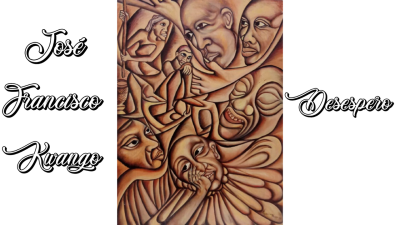
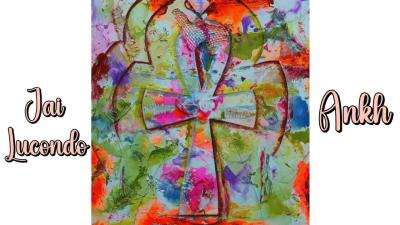
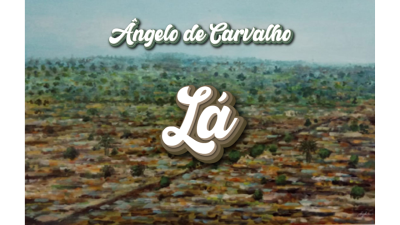
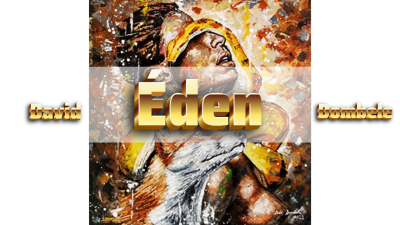
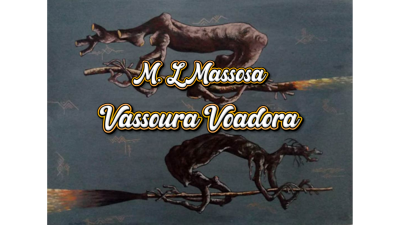
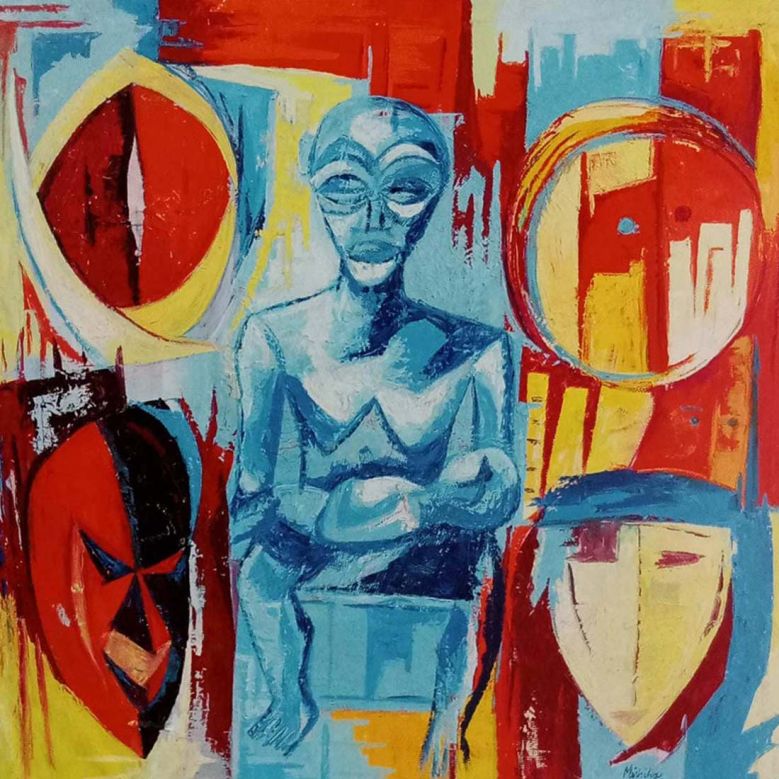








Comments